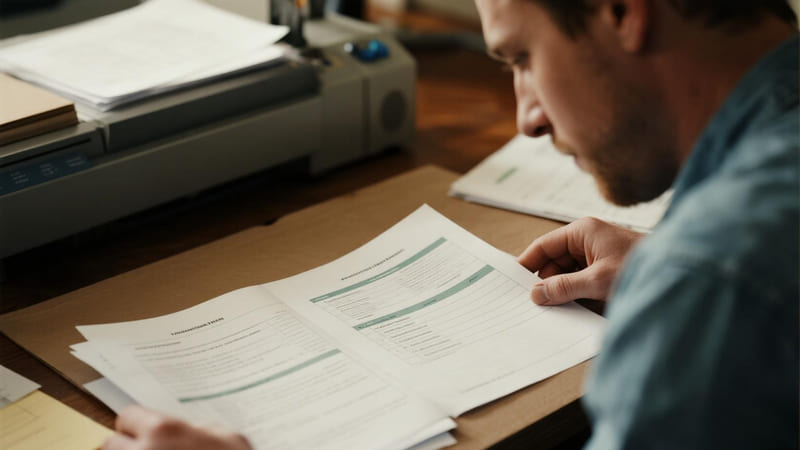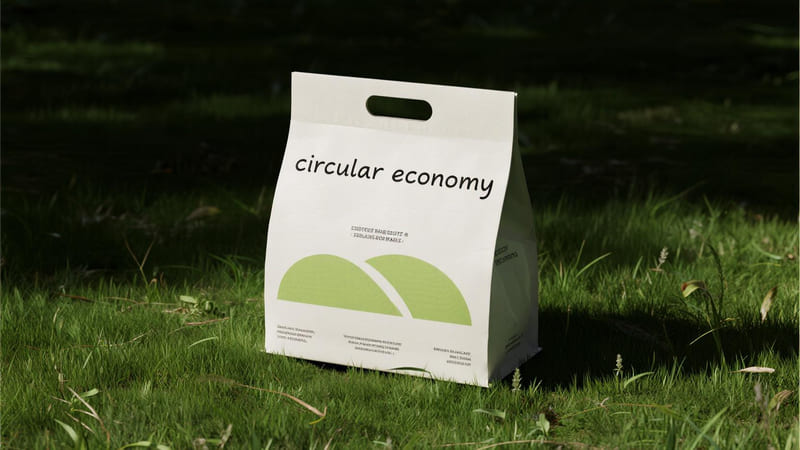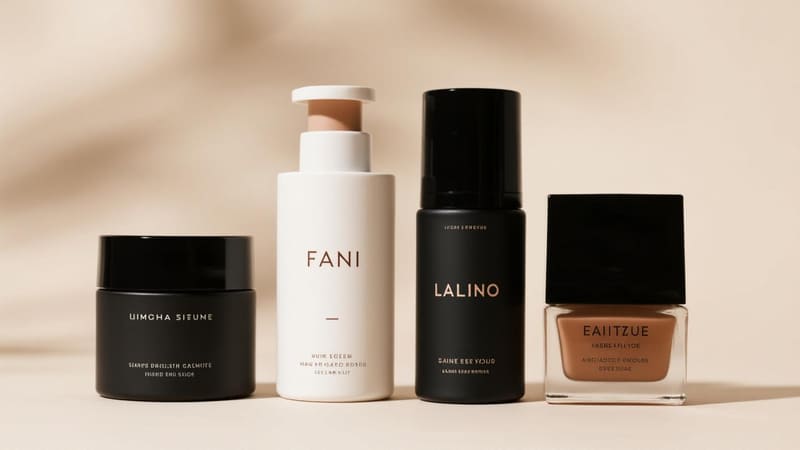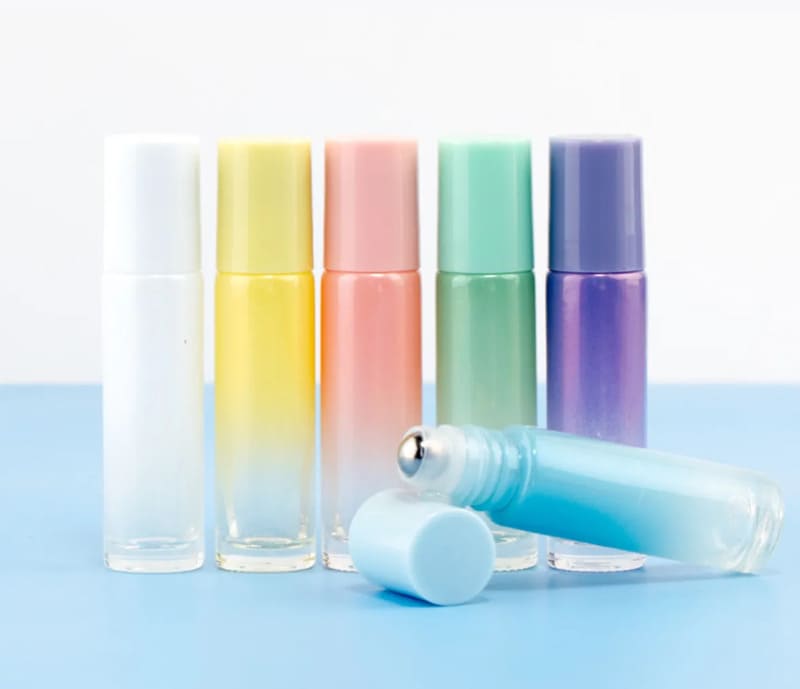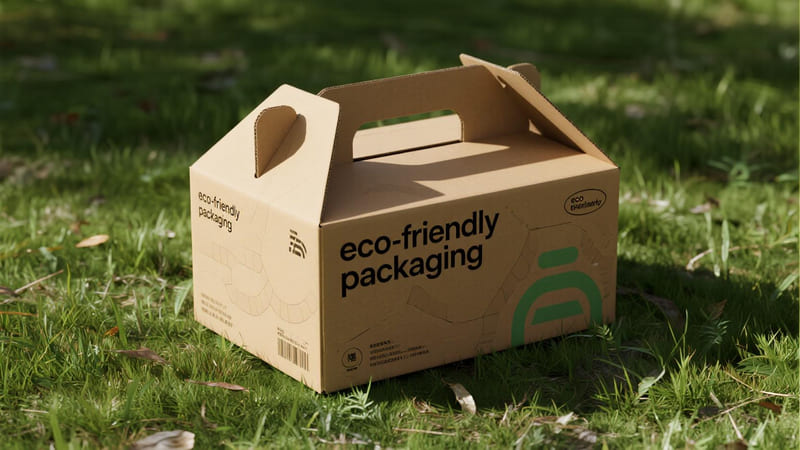Identifying the "best" packaging machine manufacturers depends heavily on the specific type of machinery required, the industry it will serve, the scale of production, and the geographical location. The industry is vast, with global leaders excelling in different areas of packaging automation.
While "best" is subjective, some of the most reputable and globally recognized packaging machine manufacturers include Bosch Packaging Technology (now Syntegon), Krones AG, Tetra Pak, Coesia Group (which owns companies like IMA and Seràgnoli), and Multivac. These companies are known for their innovation, reliability, and extensive range of solutions across various industries.
The packaging machinery landscape is diverse, with companies specializing in everything from filling and sealing to labeling and end-of-line palletizing. As a packaging materials manufacturer with ShineTop, we work with clients whose products are filled and sealed on machines from these top-tier companies. The quality of the machine often ensures our packaging performs as designed. Let’s explore some of the leading names and what makes them stand out.
Who are the Top Packaging Machine Manufacturers?
The top manufacturers are typically large, multinational corporations with a long history of engineering excellence, a broad product portfolio, and a global service network.
Top-tier packaging machine manufacturers include German engineering giants like Krones AG and Syntegon Technology, the Italian conglomerate Coesia Group (with brands like IMA), Sweden’s Tetra Pak (specializing in liquid cartons), and Germany’s Multivac (a leader in thermoforming and vacuum packaging). Other major players include KHS Group, GEA Group, and various specialists in specific machine types.
These companies are known for their high-performance, reliable, and often highly automated packaging lines.
Leading Global Manufacturers & Their Specializations:
-
Syntegon Technology (formerly Bosch Packaging Technology) – Germany:
- Specialization: A massive range of processing and packaging technology for the pharmaceutical, food, and confectionery industries. They are leaders in sterile filling (vials, syringes), processing equipment, and primary/secondary packaging solutions like cartoners and case packers.
- Known For: High precision, reliability, adherence to strict pharmaceutical standards (GMP).
-
Krones AG – Germany:
- Specialization: A dominant force in the beverage and liquid food industry. They provide complete "turnkey" lines, from processing and filling to labeling, packing, and palletizing.
- Known For: High-speed bottling and canning lines, labeling technology, and integrated plant solutions.
-
Coesia Group (including IMA, Seràgnoli, etc.) – Italy:
- Specialization: A group of highly specialized companies covering a vast range of industries. IMA is a major player in pharmaceutical processing and packaging (e.g., tablet presses, blister machines, cartoners). Other group companies excel in cosmetics, consumer goods, and tobacco packaging.
- Known For: Innovation, high-speed machinery, and expertise across many different packaging types and industries.
-
Tetra Pak – Sweden/Switzerland:
- Specialization: The world leader in aseptic carton packaging for liquid foods. They provide integrated systems including the packaging material, filling machines, and processing equipment.
- Known For: The iconic Tetra Pak cartons for milk, juice, and soups, which allow for long shelf life without refrigeration.
-
Multivac – Germany:
- Specialization: A leader in thermoforming, vacuum packaging, tray sealing, and labeling solutions, primarily for the food and medical industries.
- Known For: High-quality vacuum chamber machines and automated thermoforming packaging lines that create custom-formed packs.
-
KHS Group – Germany:
- Specialization: Similar to Krones, a major supplier of filling and packaging systems for the beverage, food, and non-food sectors, with a strong focus on PET bottles, cans, and kegs.
- Known For: High-performance, sustainable filling and packaging solutions.
These companies represent the top tier of the industry, often providing complete, integrated packaging lines for large-scale production.
What are the Different Types of Packaging Machines?
The term "packaging machine" covers a huge range of equipment, each designed to perform a specific task in the packaging process. They are often linked together to form an automated packaging line.
Different types of packaging machines include fillers (for liquids, powders, solids), sealers (heat sealers, induction sealers), cappers, labelers, cartoners, case erectors/packers/sealers, wrappers (flow wrappers, shrink wrappers), blister machines, thermoformers, and end-of-line palletizers.
Understanding these types helps clarify what a manufacturer might need.
Common Categories of Packaging Machines:
- Filling Machines:
- Liquid Fillers: For beverages, sauces, lotions, shampoos.
- Powder Fillers (Auger Fillers): For flour, spices, protein powder.
- Solid Fillers (Weighers): For snacks, candy, hardware.
- Sealing & Capping Machines:
- Capping Machines: Apply screw caps, press-on caps, or crimp caps to bottles.
- Heat Sealers: Use heat to seal bags, pouches, or lidding films.
- Induction Sealers: Use an electromagnetic field to bond a foil liner to a container’s rim, creating a tamper-evident seal.
- Labeling Machines:
- Apply pressure-sensitive (sticker) labels, wrap-around labels, or sleeve labels to containers.
- Form, Fill, and Seal (FFS) Machines:
- Machines that form a package (like a pouch or bag) from a roll of film, fill it with product, and then seal it, all in one continuous process.
- Cartoning & Case Packing Machines:
- Cartoners: Automatically erect folding cartons and insert primary packages (bottles, tubes, blisters) into them.
- Case Erectors: Form corrugated shipping cases.
- Case Packers: Automatically load products or cartons into shipping cases.
- Case Sealers: Seal shipping cases with tape or glue.
- Wrapping Machines:
- Shrink Wrappers: Apply a loose film around a product or group of products, which then shrinks tightly when passed through a heat tunnel.
- Stretch Wrappers: Wrap pallets of goods with stretch film to secure them for shipping.
- Flow Wrappers: Create pillow-pack style bags for items like candy bars or baked goods.
- Blister & Thermoforming Machines:
- Thermoformers: Heat a plastic sheet and form it into a cavity or tray.
- Blister Machines: A type of thermoformer specifically for creating blister packs for pills or small consumer goods.
- End-of-Line Automation:
- Palletizers: Automatically stack cases onto a pallet in a predetermined pattern. Often use robotic arms.
A full packaging line, like one used by a major cosmetic brand, would integrate many of these machines in sequence.
How to Choose a Packaging Machine Manufacturer?
Choosing the right packaging machine manufacturer is a major capital investment and a critical decision for any production facility. It requires careful evaluation of technical specifications, reliability, and long-term support.
To choose a packaging machine manufacturer, first clearly define your needs (product type, speed, automation level). Then, research manufacturers specializing in that machine type, evaluate their reputation and reliability, request detailed proposals and compare technical specifications, assess the quality of construction and components, and critically, inquire about their after-sales service, support, and spare parts availability.
A thorough selection process will ensure you invest in a machine that meets your needs for years to come.
Key Evaluation Criteria:
-
Define Your Requirements:
- Product: What are you packaging? (viscosity, size, shape, fragility)
- Packaging Material: What type of packaging will the machine handle? (e.g., PET bottles, flexible pouches, paperboard cartons)
- Speed: What is your required output? (e.g., bottles per minute, packs per hour)
- Automation Level: Manual, semi-automatic, or fully automatic integrated line?
- Budget: What is your capital expenditure budget?
- Footprint: How much space do you have in your facility?
-
Research & Shortlist Manufacturers:
- Use industry directories, trade shows (like Pack Expo), and online searches to find manufacturers specializing in the type of machine you need.
- Look for companies with a strong reputation and experience in your specific industry (e.g., food, pharma, cosmetics).
-
Evaluate Technical Specifications:
- Compare machine capabilities, speed, changeover times (how long it takes to switch between different product/package sizes), accuracy, and efficiency.
- What is the quality of the components used (e.g., motors, sensors, PLCs)? Are they from reputable brands?
-
Assess Reliability & Build Quality:
- Ask for references from other customers.
- If possible, see the machine in operation, either at a trade show, a reference customer’s site, or the manufacturer’s facility.
- Look for robust construction (e.g., stainless steel frames), clean welds, and quality craftsmanship.
-
Analyze After-Sales Service & Support (Crucial):
- What level of technical support do they offer? Is it available in your time zone?
- What is their warranty?
- How readily available are spare parts? What is the cost?
- Do they offer installation, training, and maintenance services? A machine is only as good as the support behind it.
-
Total Cost of Ownership (TCO):
- Don’t just look at the initial purchase price. Consider the TCO, which includes maintenance costs, spare parts, energy consumption, and potential downtime over the machine’s lifespan.
-
Request Detailed Proposals:
- Get formal proposals from your shortlisted manufacturers that clearly outline all specifications, costs, deliverables, and timelines.
For my client Anna in Thailand, as her cosmetics business grew, she had to invest in semi-automatic filling and labeling machines. She chose a reputable regional manufacturer known for good service and support, which was crucial for minimizing downtime.
What is the Future of Packaging Machinery?
The packaging machinery industry is constantly evolving, driven by the need for greater efficiency, flexibility, sustainability, and intelligence in manufacturing processes.
The future of packaging machinery is centered around Industry 4.0 principles, featuring increased automation and robotics, smart machines with IoT connectivity for predictive maintenance and data analysis, greater flexibility for handling diverse packaging formats, and a strong focus on sustainability through energy efficiency and the ability to handle eco-friendly materials.
The "smart factory" concept is becoming a reality in the packaging world.
Key Future Trends:
-
Automation & Robotics:
- Increased use of robotic arms for tasks like pick-and-place, case packing, and palletizing, offering high speed, precision, and flexibility.
- Autonomous mobile robots (AMRs) for transporting materials within the factory.
-
Smart Machines & IoT (Internet of Things):
- Machines equipped with sensors that collect real-time data on performance, temperature, vibration, etc.
- This data is used for predictive maintenance (fixing problems before they cause downtime), performance optimization, and remote monitoring.
- Integration with factory-wide Manufacturing Execution Systems (MES).
-
Flexibility & Agility:
- Machines designed for quick and easy changeovers to handle a wider variety of product types, sizes, and packaging formats on a single line. This is crucial for handling the growing demand for product personalization and smaller batch runs.
-
Sustainability:
- Energy Efficiency: Machines designed to consume less power.
- Material Handling: Development of machines specifically designed to handle more challenging sustainable materials, such as thinner films, PCR plastics with slight inconsistencies, or compostable materials.
- Waste Reduction: Machines designed to minimize material waste during startup and operation.
-
Digitalization & Augmented Reality (AR):
- Use of digital twins (virtual models of the machine) for simulation and training.
- AR-powered glasses for remote assistance, allowing a technician to "see" what an on-site operator sees and guide them through repairs or adjustments.
-
Enhanced Safety & Hygiene:
- Improved machine guarding, easier cleaning processes (Clean-in-Place systems), and designs that meet the increasingly strict hygiene standards of the food and pharmaceutical industries.
The packaging machine of the future will be more connected, intelligent, flexible, and sustainable than ever before.
Conclusion
The world of packaging machinery is led by a group of highly reputable global manufacturers, primarily from Germany and Italy, who offer a vast range of solutions from filling and sealing to end-of-line automation. Choosing the best manufacturer requires a thorough evaluation of your specific production needs, the machine’s technical capabilities, and, most importantly, the long-term service and support offered. As technology evolves, the future of packaging machinery lies in smart, automated, flexible, and sustainable systems that will power the next generation of manufacturing.

